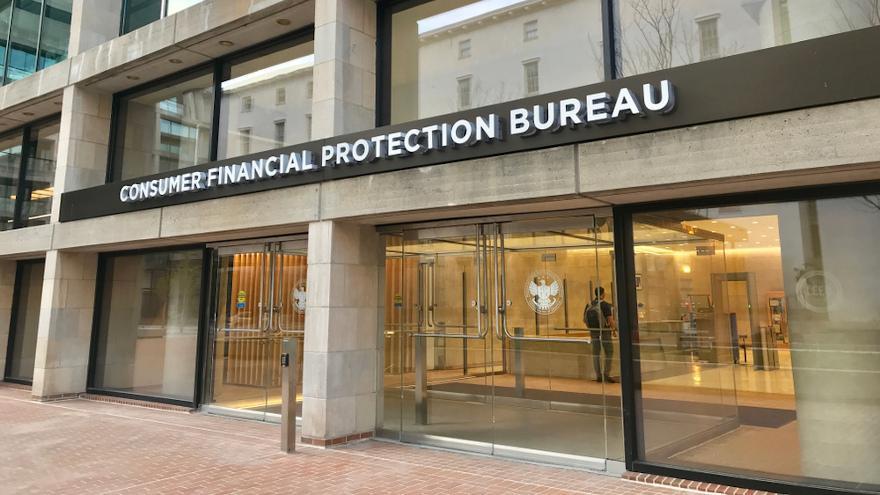CFPB explains reasons for using ‘dormant authority’

By subscribing, you agree to receive communications from Auto Remarketing and our partners in accordance with our Privacy Policy. We may share your information with select partners and sponsors who may contact you about their products and services. You may unsubscribe at any time.
Along with detailing another procedural rule, the Consumer Financial Protection Bureau (CFPB) found another potential way to examine your operations and potentially take actions against your company.
This week, the CFPB announced that it is invoking a largely unused legal provision to examine nonbank financial companies that the bureau believes can pose risks to consumers.
The CFPB said in a news release that utilizing this “dormant authority” will help protect consumers and “level the playing field” between banks and nonbanks.
Officials explained such risky conduct may involve, for example, potentially unfair, deceptive, or abusive acts or practices, or other acts or practices that potentially violate federal consumer financial law. The bureau may base such reasonable cause determinations on complaints collected by the CFPB, or on information from other sources, such as judicial opinions and administrative decisions.
The CFPB said it may also learn of such risks through whistleblower complaints, state partners, federal partners, or news reports.
The agency added that it is also seeking public comments on a procedural rule to make this process more transparent.
Subscribe to Auto Remarketing to stay informed and stay ahead.
By subscribing, you agree to receive communications from Auto Remarketing and our partners in accordance with our Privacy Policy. We may share your information with select partners and sponsors who may contact you about their products and services. You may unsubscribe at any time.
“Given the rapid growth of consumer offerings by nonbanks, the CFPB is now utilizing a dormant authority to hold nonbanks to the same standards that banks are held to,” CFPB director Rohit Chopra said in the news release. “This authority gives us critical agility to move as quickly as the market, allowing us to conduct examinations of financial companies posing risks to consumers and stop harm before it spreads.”
Under the Dodd-Frank Wall Street Reform and Consumer Protection Act of 2010, the CFPB reiterated that it has authority to use traditional law enforcement to stop companies from engaging in conduct that pose risk to consumers. The bureau acknowledged this power can involve adversarial litigation.
“However, the law also gives the CFPB authority to conduct supervisory examinations to review the books and records of regulated entities,” the bureau said in the news release. “CFPB examiners typically provide a report to entities with problems that need to be addressed, and responsible institutions typically take prompt corrective action.”
For decades before the Dodd-Frank Act, the CFPB pointed out that only banks and credit unions were subject to federal supervision.
“But after the 2008 financial crisis in which nonbank companies played a pivotal role, Congress tasked the CFPB with supervising certain nonbanks, in addition to large depository institutions with more than $10 billion in assets and their service providers,” officials said, asserting that many firms they now can supervise operate nationally and brand themselves as “fintechs.”
The regulator went on to mention that entities subject to the CFPB nonbank supervision can include nonbanks whose activities the CFPB has “reasonable cause” to determine pose risks to consumers.
“This authority is not specific to any particular consumer financial product or service,” officials said. “While the CFPB did implement the provision through a procedural rule in 2013, the agency has now begun to invoke this authority. This will allow the CFPB to be agile and supervise entities that may be fast-growing or are in markets outside the existing nonbank supervision program.”
Another CFPB rule update
The CFPB also issued a procedural rule this week to increase the transparency of the risk-determination process.
Unlike other provisions of law regarding nonbank supervision, the bureau explained in the same release that entities subject to supervision based on risk are given notice and an opportunity to respond.
In order to provide greater guidance to the marketplace on how the CFPB will make determinations, the CFPB is updating an aspect of its procedures for risk determinations to authorize the release of certain information about any final determinations made,” officials said about the procedural rule that can be viewed online.
“The company involved will have an opportunity to provide input to the CFPB on what information is released to the public,” officials added.


